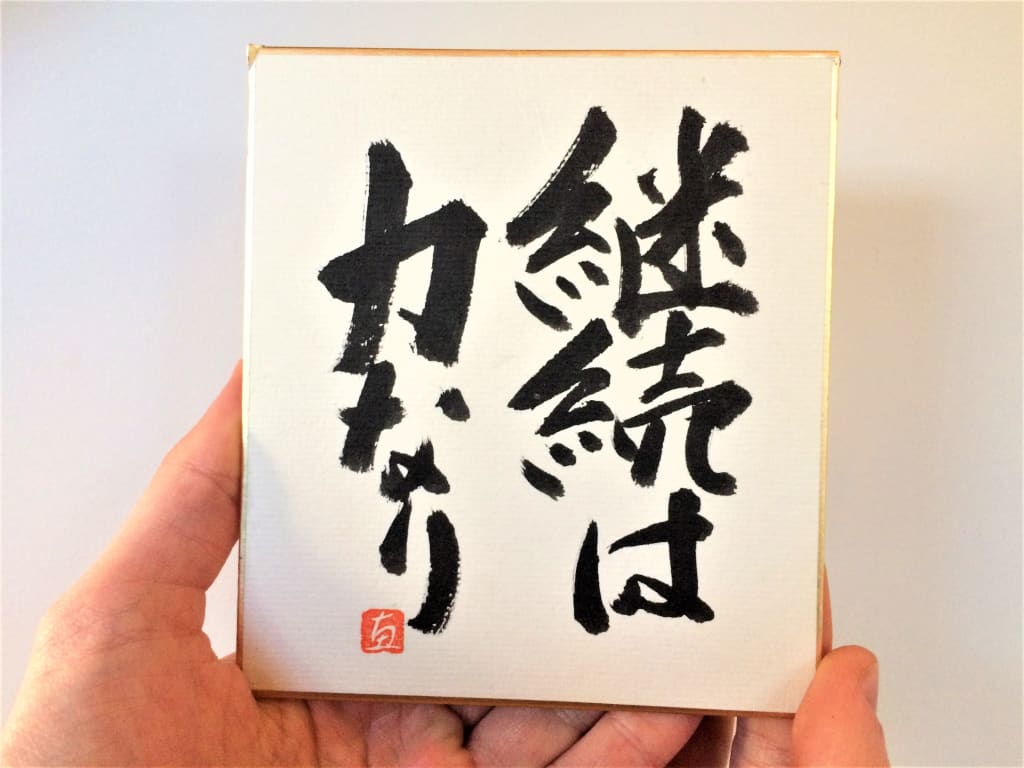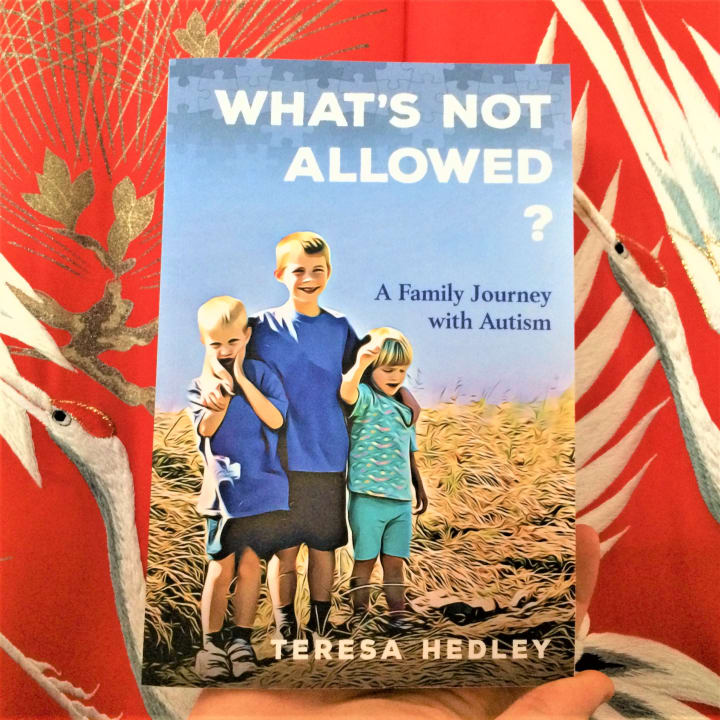ASD Snapshot: Continue is the Power
~ A moment in time that defines: perseverance

I flew to Tokyo one week before Christmas and three months after I turned twenty-five. I had not lived in Japan long when I learned something new about myself: I was Christmas cake. I wore new words. I was learning about myself through foreign eyes.
We were sitting in class one day early on, ten Japanese adults and me around a conference table. This was a business school, and we were warming up to English conversation by sharing fun facts about ourselves. I told them I was twenty-five and had come to Japan to seek adventure. They looked at one another and giggled, nudged and pushed the best English speaker forward. Toji was nominated to break the news to me, to explain me to me.
“Ah so,” he began, “in Nippon—Japan, as you say—we call a woman like you . . . . uh . . . Ca-list-must cake-u.”
I was confused, but I smiled, thinly. “Ca-list-must? Pardon . . . ?”
“Christmas cake-u!” someone shouted, reddening, laughing and clearly enjoying the confusion.
Toji continued.
“You see, Christmas cake is only good . . . only has meaning. . . until the twenty-fifth of December. After that? No good. Overdue. Just like a woman . . . after twenty-five, she is too old to marry. No good. Telesa-san, you are Christmas cake! Perhaps you should . . . to . . . return to Canada . . . before it is . . . too late for you?”
I was stunned. “You’re . . . kidding me . . . right?” I sputtered.
“No, no joke. You are . . .”—he consulted his translator device— “past due!”
They roared, rosy and pleased with themselves for warning me, maybe even saving me from a solitary life. I was incredulous, but I smiled. A Canadian woman meets Japanese men. This would be an interesting year.
~
But the biggest take-away message there outside of Tokyo was delivered to me in the form of a square of cardboard—about fifteen centimetres by fifteen centimetres—at the height of rainy season, April 1989. It was a lesson and a guiding light that would remain with me for life, and it would change the way I responded to adversity—and diversity.
One wet evening, in walked Keiko Ishii, a junior high school teacher. She often came to her private lesson with samples of her teaching, and I welcomed this. “If you want to learn English conversation,” I told her, “speak about what you know and love.” So she did. For this lesson, she brought a prop that was also a gift. I knew this because it was wrapped in bright red and white speckled origami paper.
“Geeft-to”—gift—she indicated and she pushed it toward me, wearing pride and a mischievous grin. It would be a challenge; she liked to engage in riddles. “Go on, open it,” she urged, and then as an afterthought, “I made it for you.” This she indicated by lightly tapping the tip of her nose. It is a Japanese-ism that I liked, the nose-tapping. “Watashi,” she whispered as she tapped. Watashi, I learned, meant I.
I nodded and opened it. It was lovely, a Japanese calligraphy— an art form—but I had no idea which way was up or what it said. I turned it in my hands, smiling up at her and murmured a gracious “thank you so much” and “could you please explain . . . ?”
“No! You guess!” she challenged and then more quietly, “Hint! It’s what it means to be Japanese.”
So I teased back: “Oh . . . playful, devilish, a leg-puller . . .” We had been learning body idioms
But she didn’t fall for it. “No, we are seriously today, Telesa-san . . . what do you think?” she urged, animated, gesturing to the art. She held her breath.
“Hardworking? Honest? Authentic? . . . Honourable?” my voice trailed, hopeful.
“Yes, yes! All of that . . . but more. In Japan, it is very, very important to keep going, to never stop . . . to never let life stop you. In Japan we say . . .” And she stopped to think and reference her notes. “Continue is the power.”
I was delivered a defining moment, a snapshot in time that would illuminate the way forward—the way I approached hardship, challenge, adversity and life’s darkest times. Continue is the power would become my autism backbone. I would become like the Japanese, and I would never give up.
I left Nippon a year and a half later, never fully integrated but fully inspired.
____________________________________________________
Points to Ponder: We cannot control outcomes, but we can control effort. “Continue is the power” = keep on going; keep trying. That’s something we can do. Continue is the Power was the working title for the memoir, What’s Not Allowed? Beyond that, it is the working title for my life, one lived supporting and learning from autism. Just keep going. Interestingly, both titles have become the captions for the pandemic world in which we find ourselves—one governed by rules and one in which we must push on in the face of uncertainty. To continue is our power.
Teresa Hedley is the author of What’s Not Allowed? A Family Journey with Autism (Wintertickle Press, 2020), a memoir which offers an uplifting approach to mining the best version of each of us, autism or not. Teresa is also an educator and a curriculum designer. Teaching stints in Canada, Japan, Greece, Spain and Germany have shaped her perspective and inform her writing. Teresa and son Erik co-wrote a twenty-article series for Autism Matters magazine, “I Have Autism and I Need Your Help.” Additionally, Teresa worked directly with families and school boards in Ottawa as an autism consultant and advocate. She and her family live and play on Vancouver Island, Canada.

". . . this labor of love by Teresa to share their journey brings, with clear-sighted unremitting honesty, the triumphs and trials that come with a diagnosis of autism. This book not only educates, it inspires. "
–ROBIN HARWELL , MA,CCC/SLP, Build The Brain; Dallas, Texas, USA
About the Creator
Teresa Hedley
Greetings from the beach... where you'll find me exploring, reading, writing, hiking and kayaking with our local seals. I'm excited to share my stories with you via What's Not Allowed? A Family Journey With Autism. Now on Amazon + Chapters






Comments
There are no comments for this story
Be the first to respond and start the conversation.